
DIE TOTE STADT
Erich Wolfgang Korngold
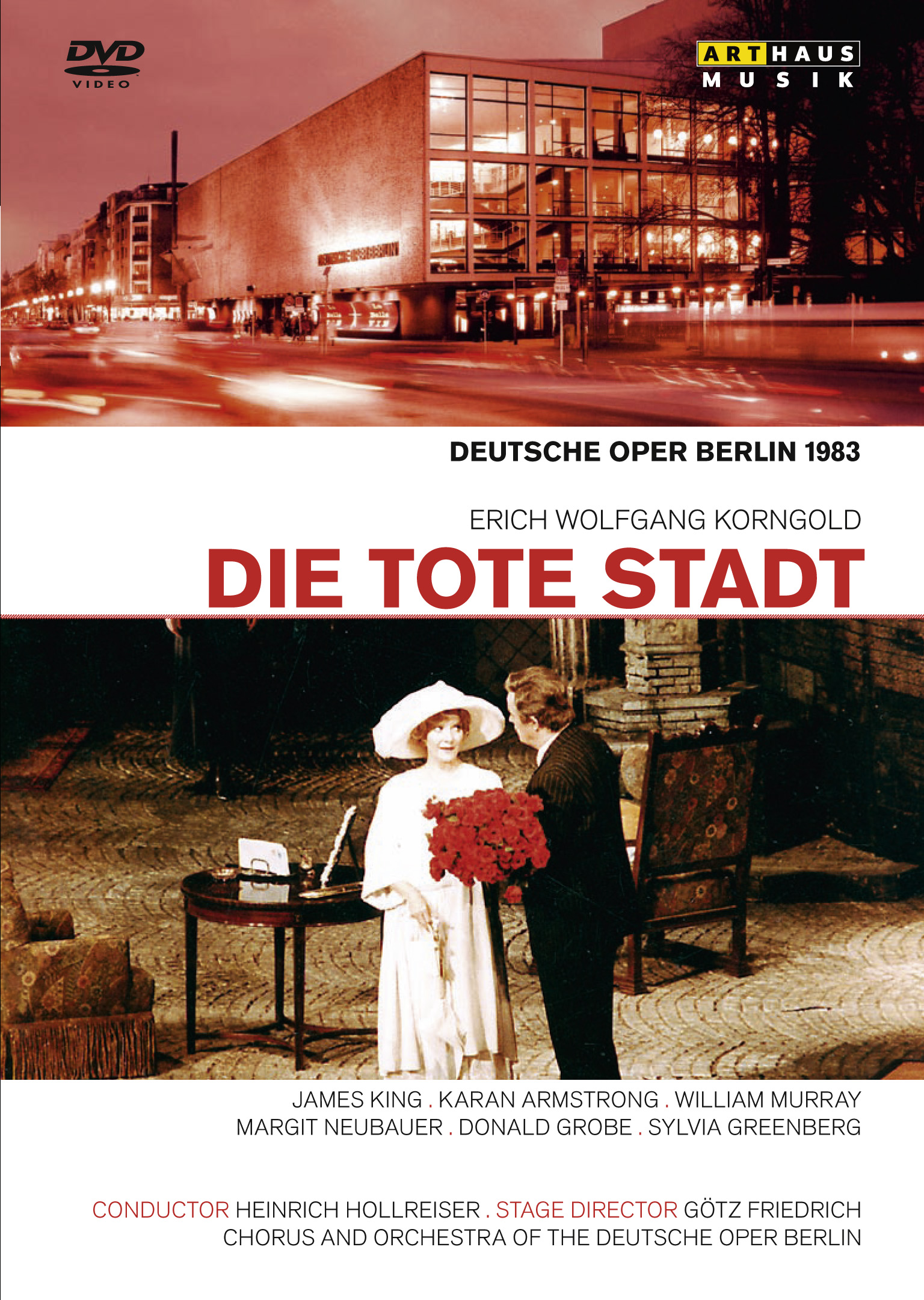




Erich Wolfgang Korngold
DIE TOTE STADT
Berlin, 1983
Soloists:
James King, Karan Armstrong, William Murray
Orchestra, Chorus:
Chor, Orchester und Ballett der Deutschen Oper Berlin
Conductor:
Heinrich Hollreiser
Director:
Götz Friedrich
Location:
Berlin
In 1920s Germany, Erich Korngold's work was considered “degenerate” and banned. Eventually, in 1934, he left for Hollywood. There, he made a name for himself as a film composer and only rarely wrote great works for the stage. Many of his quite successful operas, composed between 1913 and 1927, stopped being performed after World War II. Among these was his perhaps most significant work, Die tote Stadt (“The Dead City”), which was performed again for the first time after a long hiatus in 1955 in Munich. Further productions followed. Nevertheless, Götz Friedrich's version of 1983 for the Deutsche Oper Berlin was only the fifth new production of the opera after 1945. Thanks to it, the work became established in the repertoires of many other opera houses, if only as a curiosity. In the production at the Deutsche Oper Berlin in 1983, James King, who debuted at the Deutsche Oper Berlin in 1961 and had a great interest in the role, starred as Paul; the internationally renowned singer Karan Armstrong as Marietta; and William Murray as Frank.
Label:
Arthaus Musik
Genre:
Oper
Running Time:
130
Picture Format:
4:3
Sound Format:
PCM Stereo
Number of Discs:
1
Region:
0
Languages:
DE
Subtitle Languages:
GB, DE, FR, IT, ES
EAN:
0807280165692
UPC:
807280165692
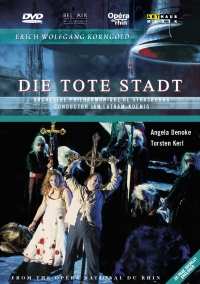
Erich Wolfgang Korngold
Erich Wolfgang Korngold (1897–1957) is regarded as one of Hollywood’s most famous film composers. His opera ‘Die tote Stadt’ became a resounding success immediately. The libretto, a many-layered and disturbingly morbid love drama between Paul, mourning for his dead wife Marie, and Marie’s spitting image Marietta, is based(...)
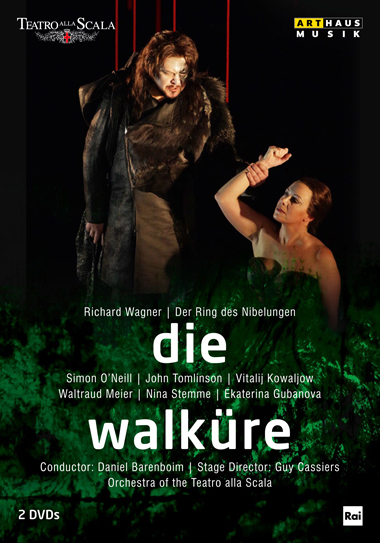
Richard Wagner
Richard Wagner called “Die Walküre” the “first evening” of the “Ring of the Nibelung”; he called “Das Rheingold” the prologue or “Vorabend”. Musically and dramatically, we are introduced to a radically new and different world when the opening bars of “Die Walküre” resound. A fully developed orchestral palette of(...)









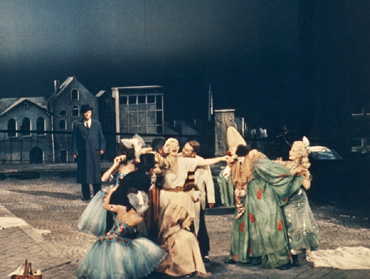

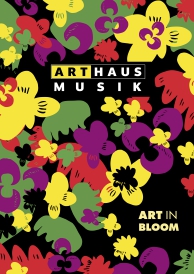 PDF Download (5,5 MB)
PDF Download (5,5 MB)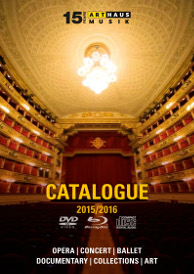 PDF Download (6,7 MB)
PDF Download (6,7 MB)